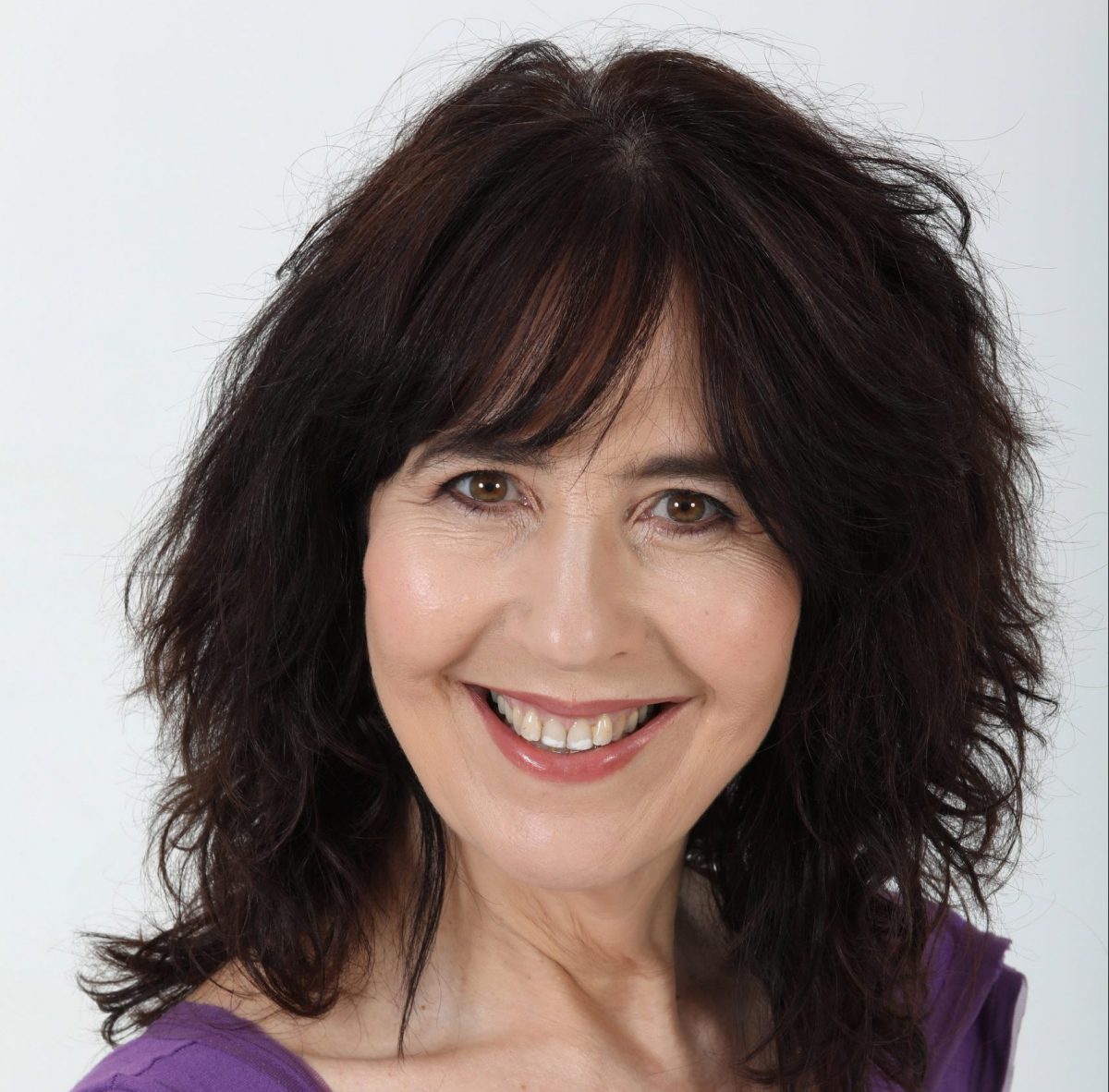
OpEds

Be grateful, and give what you can
We have so much to be grateful for. That may sound like such a trite thing to say when there’s still coronavirus around us after two years of us living with it – and some weren’t so lucky.
There’s a war in Ukraine, where people are dying every day or being forced to leave everything behind to become refugees.
In Israel, 14 innocent people have been killed in four terrorist attacks since 22 March. Then there are dangerous floods in KwaZulu-Natal, the impact of which isn’t yet known, but at least 250 people have died and countless homes have been destroyed or severely damaged.
And then on Tuesday morning in Brooklyn, New York City, there was an attack in the subway. A man set off two smoke cannisters before shooting 10 people. Another 13 people were injured either through smoke inhalation or trying to escape.
So, saying we have so much to be grateful for does seem a little ironic, considering all of this.
However, think about your own life right now and look around at what you have – love, friends, family, a roof over your head, enough money to get by. Most of us have at least some of those to bring us joy.
And in each of our stories about these events, the people we write about are those who also feel fairly grateful because they survived to tell the tale. And that sometimes is a miracle.
This week, I couldn’t help contemplating the abject fear of not knowing where your loved ones were when an attack happened near to their home or where they were on holiday.
As a mom, I like to keep my children as close as possible, but as they get older, that isn’t possible. We cannot have that kind of control. However, on finding out that they are all well and unharmed, again there’s that feeling of gratitude.
And, as we sit down on Friday and Saturday night to our seders and consider what the Jews of Egypt went through, it comes back to that same feeling.
I totally resonated with the chief rabbi in his Pesach message about this festival being about gratitude (as I’m sure you would have realised by now).
And even if there are no big things to be grateful for, those small things that make us smile are huge.
Now, I know, we all look at the world in our own way. And my reasons to be grateful may not resonate with you. You might well see only darkness and plagues in the world. You may believe that you can’t feel gratitude in light of all that’s happening because so many people are being harmed.
I understand that, but being grateful means that we have something to offer this world. It means we aren’t depleted and devastated, and we can do something to help others because we’re not empty.
I look around me and I see a good home, a beautiful family and friends I love, and a career I’m excited to wake up to every day. Of course, there’s much I would love to have to further fill my cup, but I’m happy with what I have.
And this enables me to help others, to give a helping hand wherever I can. Pesach is also about helping those less fortunate than you in some way. It’s about recognising what you have and what you can give.
One of the consistent things I have noticed of late is how many organisations and people are asking for help, especially money. It’s no surprise because the world isn’t easy for anyone right now. Those organisations are asking not for themselves, but for the good of others, like the Jews in Ukraine, those whose homes were devastated in the flood, etcetera.
There’s so much need. How do you choose? Whose need is stronger? And if you don’t have much, how much should you give?
These are all relevant questions, but the truth is, nobody can answer them for you, they are personal decisions. Can I say that I believe you should give what you can safely do without? I don’t believe anyone can prescribe who you should or shouldn’t give to, or when.
I know there are many Jewish people right here who simply cannot afford food for Pesach and battle just to feed their families every day. Organisations like the Chev, Yad Aharon, and others are doing their absolute best to help those people, but times are tough, and they too are battling to raise funds.
But giving money isn’t the only way to help. Giving of your time, knowledge, and experience can be as big a mitzvah. Helping one person in a small way that makes his or her life just a little easier is undoubtedly worthwhile.
I know when a little deed is done for me, it gives me something extra to be grateful for – something to smile about. Just noticing someone’s beautiful smile and telling them, makes a difference. Lending someone a book to read when they want one is a help. And when someone does you a kindness, your instinct – well mine, anyway – is to reach out to someone else and do something for them.
So, when you invite someone who doesn’t have a seder to attend to yours, you’re doing just that. In fact, this is a mitzvah we are called upon to do at this time of year.
So, reach out. Be kind. Be generous. Be willing to help.
In our bumper Pesach edition this week, we have done our best to bring you festival wisdom from some of our greatest minds. There’s lots to read and think about over this period.
We have also brought home the reality of what happened last Thursday night in Tel Aviv. We tap into the flooding in KwaZulu-Natal, and the attack in Brooklyn this week.
Amazingly, there are South African Jews wherever you look.
I wish you all a chag Pesach sameach and Shabbat shalom!
Peta Krost
Editor
PS: We won’t be publishing over Pesach. Our next edition comes out on 28 April.








